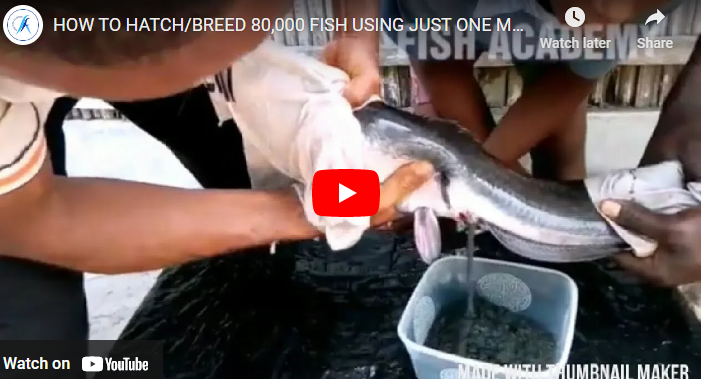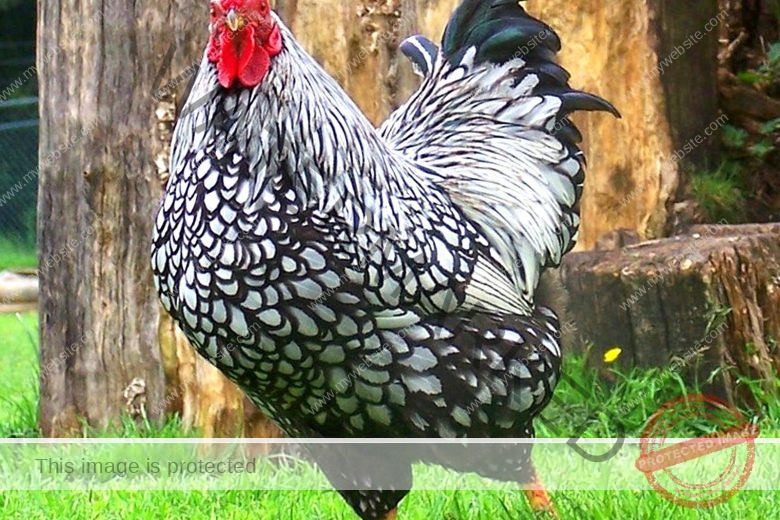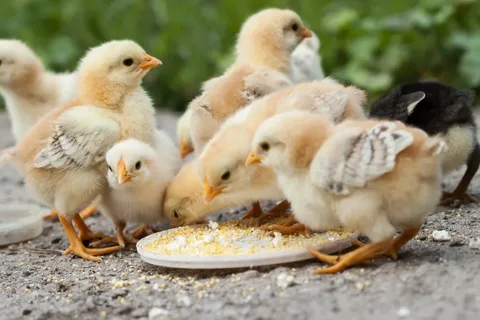Welcome to the exciting world of fish egg hatching! Whether you’re a passionate aquarium hobbyist or an aspiring aquaculturist, this step-by-step guide will equip you with the knowledge and skills to successfully hatch fish eggs. Hatching fish eggs can be a rewarding and fulfilling experience, as it allows you to witness the miracle of life and contribute to the growth of a vibrant aquatic ecosystem.
How To Hatch Fish Eggs Step by Step Guide
Curious about the step-by-step process of hatching fish eggs? Look no further! This section will walk you through the essential stages of successful fish egg hatching.
Read Also: [Beginners Guide] How to Start Poultry Farm
Step 1: Selecting the Eggs
To begin your hatching journey, the first step is to carefully select the fish eggs. Make sure to choose healthy eggs from reliable sources. Look for eggs that are translucent, plump, and free from any signs of damage or discoloration.
Step 2: Creating the Ideal Environment
Fish eggs require specific conditions to hatch successfully. Prepare a suitable aquarium or hatchery tank by providing clean, filtered water with the right temperature and pH level for the specific fish species. Consult a reputable guide or expert to determine the ideal conditions for your chosen fish eggs.
Read Also: [Beginners Guide] How To Start An Egg Hatchery Business
Step 3: Proper Egg Placement
Gently transfer the selected fish eggs into the prepared aquarium or hatchery tank. Ensure that the eggs are evenly distributed and not overcrowded, as this can impede proper development. Use a mesh or sponge to separate the eggs from the adult fish if necessary.
Step 4: Maintaining Water Quality
Water quality is crucial for the health and development of fish eggs. Regularly monitor and maintain the water parameters, including temperature, pH, ammonia, nitrite, and nitrate levels. A well-functioning filtration system and regular water changes are essential to keep the water clean and conducive to successful hatching.
Read Also: 12 Poultry Farming Tips For Beginners [Success Guide]
Step 5: Protecting the Eggs
In the wild, fish eggs are susceptible to predation. To ensure the highest chances of successful hatching, protect the eggs from potential threats. Use an egg tumbler or protective mesh to shield the eggs from curious tank mates or aggressive adult fish.
Read Also: Fowl Cholera In Poultry And How To Treat With Herbs
Step 6: Providing Proper Aeration
Proper oxygenation is vital for fish eggs’ development. Consider using an air stone or a gentle water flow system to provide sufficient oxygen circulation. Adequate aeration helps prevent oxygen deprivation, which can be detrimental to the growing embryos.
Step 7: Monitoring Egg Development
Regularly observe the fish eggs throughout the incubation period. Look for any signs of abnormalities, such as fungus growth or unhatched eggs turning opaque. Remove any damaged or dead eggs promptly to prevent potential contamination.
Read Also: Infectious Bronchitis In Poultry Farm And How To Treat With Herbs And Drugs
Step 8: Hatching and Fry Care
As the incubation period nears its end, you will start to see the eggs hatching. It’s an incredible moment! Ensure a ready supply of suitable fry food and provide appropriate hiding spots for the newly hatched fry. Maintain stable water parameters and gradually introduce them to their new environment.
Step 9: Post-Hatching Care
After hatching, continue to monitor the fry closely. Adjust their diet as they grow, providing them with nutritionally balanced food suitable for their developmental stage. Maintain optimal water conditions and gradually introduce them to the main aquarium or grow-out tank.
Read Also: Round Worm Diseases in Poultry Farms and How to Treat with Herbs
How long does it take for fish eggs to hatch?
The time it takes for fish eggs to hatch varies depending on the fish species. In general, it can range from a few days to a few weeks. Some species may even take several months. It’s essential to research the specific fish species you are working with to determine the approximate hatching time.
What should I do if the fish eggs turn white or fuzzy?
If you notice that the fish eggs have turned white or fuzzy, it may indicate a fungal infection. Remove the affected eggs immediately to prevent the spread of the fungus to healthy eggs. Maintain optimal water conditions, such as proper filtration and cleanliness, to minimize the risk of fungal growth.
Read Also: Vaccines Schedule for Poultry Farm [All You Need To Know]
Can I hatch fish eggs without an aquarium?
While it is possible to hatch fish eggs without an aquarium, it can be more challenging to maintain optimal conditions for successful hatching. An aquarium or a dedicated hatchery tank provides better control over water parameters, temperature, and oxygenation, increasing the likelihood of successful egg hatching.
Read Also: Salmonellosis Disease In Poultry Farm And How To Treat With Herbs
How often should I feed the newly hatched fry?
In the initial stages after hatching, newly hatched fry have a small yolk sac attached, which provides them with essential nutrients. They don’t require immediate feeding during this period. Once the yolk sac is absorbed, usually within a few days, you can start offering them small, appropriately sized food multiple times a day.
Read Also: [Beginners Guide] Hydroponic Fodder Production For Poultry PDF
Can I hatch fish eggs without an air pump?
While an air pump can help provide additional oxygenation, it is not always necessary for hatching fish eggs. If the aquarium or hatchery tank has a gentle water flow or adequate surface agitation, it can supply sufficient oxygen for the developing eggs. However, ensure that the oxygen levels are consistently monitored and maintained.
What are the common mistakes to avoid during fish egg hatching?
Some common mistakes to avoid during fish egg hatching include overcrowding the eggs, poor water quality management, abrupt changes in water parameters, and inadequate protection from potential threats. It’s crucial to research the specific requirements of the fish species you are working with and provide optimal conditions for successful hatching.
Read Also: [Beginners Guide] How to Start Oyster Farming in Texas
Conclusion
Hatching fish eggs can be an exciting and rewarding endeavor for fish enthusiasts. By following this step-by-step guide and implementing the tips provided, you can increase the chances of successful egg hatching and witness the fascinating process of new life coming into existence. Remember to exercise patience, attentiveness, and proper care throughout the incubation period and post-hatching phase.
Now that you’re equipped with the knowledge to hatch fish eggs, it’s time to dive into this remarkable journey and nurture the growth of aquatic life. Enjoy the wonders of hatching fish eggs and contribute to the thriving world beneath the water’s surface.






One Reply to “How To Hatch Fish Eggs: The Ultimate Handbook for Successful Egg Hatching”